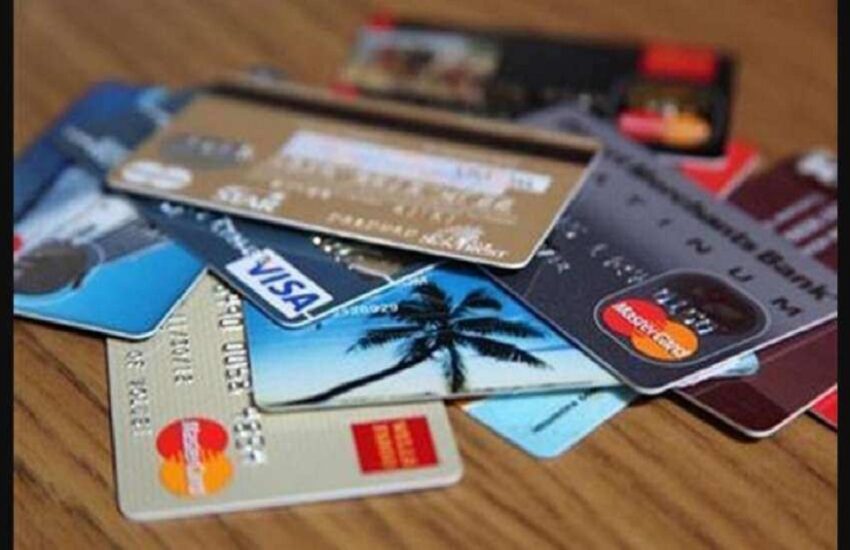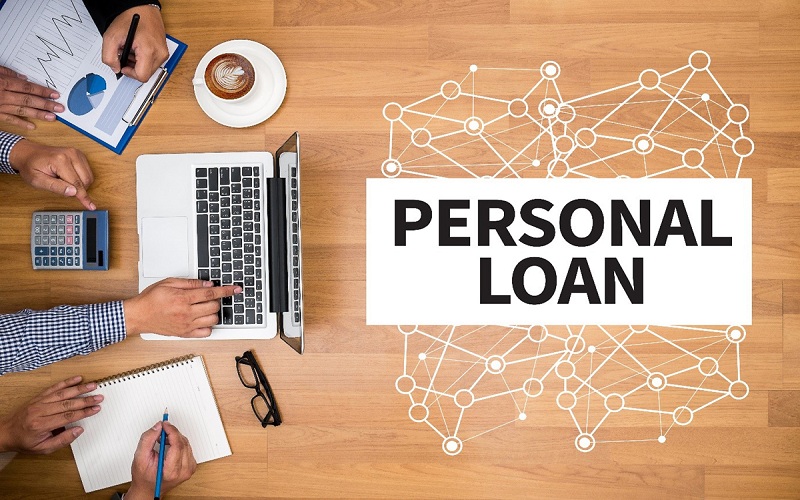When you invest your hard-earned money, you may want to invest in a plan that promises to offer returns with compound interest. In compound interest, you earn interest on the interest you have earned in the previous years. Thus, it gives you the opportunity to grow your money faster and build a larger corpus in the long run.
But you must know that compound interest is like a double-edged sword. It is beneficial when you receive it, but it can be detrimental to your finances when you must pay compound interest. For example, credit card companies charge compound interest. If you fail to repay a single instalment of your credit bill, then the dues can quickly surge, and you may find yourself stuck in a debt trap.
Let us know more about compounding interest on credit card and how it can work against you:
You may be aware that credit cards come with a specific interest rate, and when you fail to repay the bills, the credit card company will levy interest on the outstanding amount. At first glance, it may seem that you can manage repaying the interest. But, did you know, if you fail to repay the amount on time, then the due can spiral up due to compound interest.
Unlike in investments, where the interest rate is compounded annually, the interest on a credit card is compounded daily. This means the credit card companies calculate the interest you owe daily and add the amount to the outstanding balance.
All credit companies issue a monthly statement either online or send a copy of the statement to your registered address. The statement lists down all the credit card-related transactions, including the expenses you have incurred, the outstanding amount since the last statement was generated, the payments you have made so far, and the due date for the next payment.
The statement also contains another important information, which is the grace period. It is the period that the credit card companies grant to make payments without any interest. The grace period provided varies from one credit company to another.
Thus, if you fail to repay the bill before the actual due date, then you can repay the same during the grace period without incurring additional interest charges. You can use the compound interest calculator to know the amount you can save by making timely payments and the interest charge you would have to pay if you pay after the grace period is over.
How to beat compounding credit card interest?
If you carry the balance payment on the credit card past the due date, then the situation can become worse than you think. Not only does it start accumulating interest, but you also lose your grace period. To beat this problem, there is a simple solution.
Pay off the credit bills on time. Making payment doesn’t mean paying the minimum due, but you must pay off the full due amount. If you pay off the outstanding amount in full, then you need not worry about the interest payment that multiplies with the compounding effect.
When you make timely payments, credit cards become a convenient tool; but if you have dues for long, it is a sure way to fall into a debt trap.

 Optimising Employee Transport Management: Top Strategies for Efficient Commutes
Optimising Employee Transport Management: Top Strategies for Efficient Commutes  The Ultimate Guide to Choosing the Right Lifting Slings for Your Project
The Ultimate Guide to Choosing the Right Lifting Slings for Your Project  Easy Steps to Apply Online for Axis Bank Personal Loans
Easy Steps to Apply Online for Axis Bank Personal Loans  Plan a Stress-Free International Trip with Best Foreign Travel Insurance
Plan a Stress-Free International Trip with Best Foreign Travel Insurance  The IPO Process Explained: Steps to Launching a Successful Public Offering
The IPO Process Explained: Steps to Launching a Successful Public Offering  Essential Features to Look for in a Trading Broker
Essential Features to Look for in a Trading Broker  Factors That Influence prices on the Gold Market
Factors That Influence prices on the Gold Market  Personal Loans for Women in India: Empowering Financial Independence
Personal Loans for Women in India: Empowering Financial Independence  Investment and Insurance: The Dual Benefits of Unit Linked Plans
Investment and Insurance: The Dual Benefits of Unit Linked Plans 





